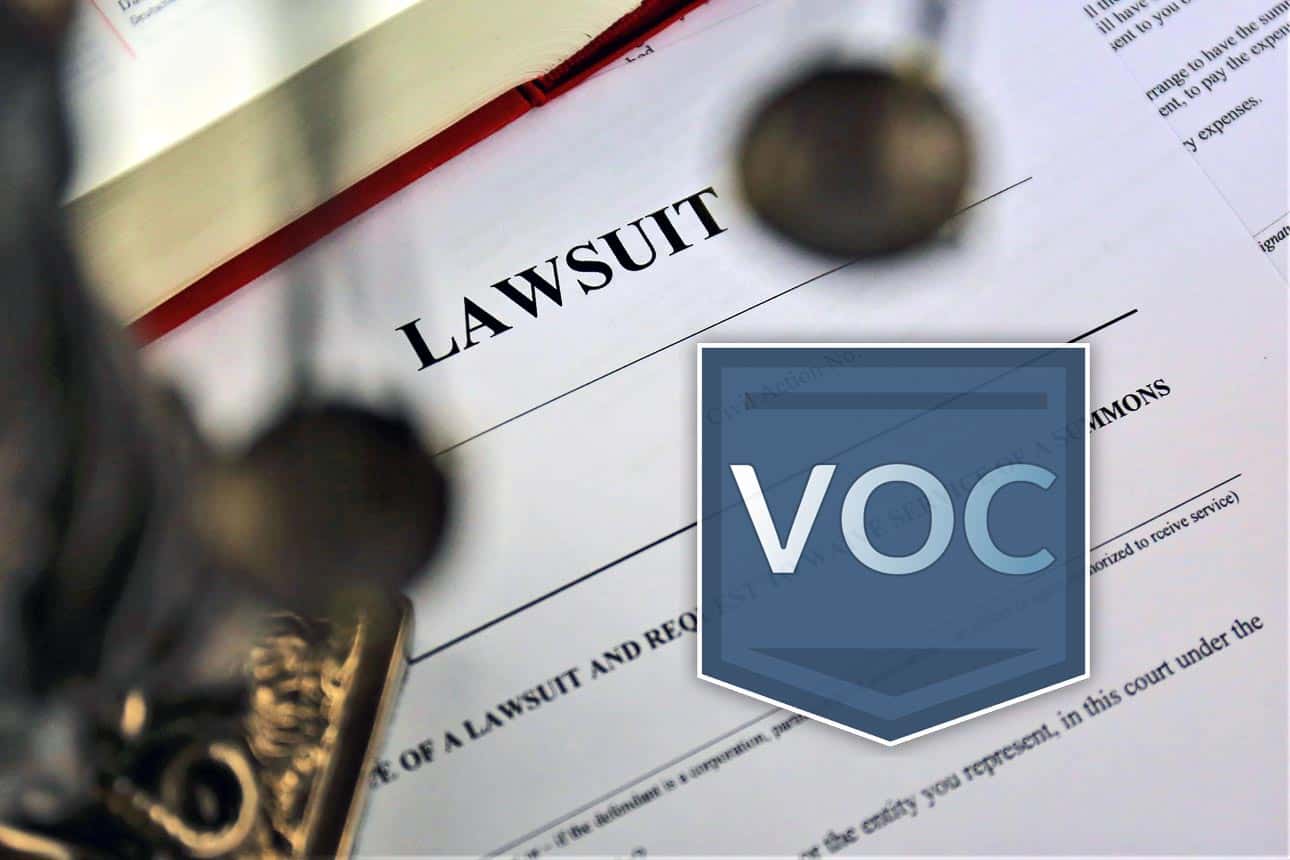Timeshare owners are beginning to put their foot down when it comes to broken promises by sales teams. Every month, a new bundle of legal claims surface across the industry regarding the experience of vacation ownership. Whether it be scams in the relief realm or simple buyer’s remorse, the trip’s starting to hit the fan. Like we’ve covered a number of times in past articles, nearly every form of regret stems from the initial sale. This is nothing new, smoke and mirror techniques have been used since the 1980’s. A class action lawsuit that was filed back in September of 2017, claiming Bluegreen sold timeshares under false pretenses, is only adding to the stigma of the timeshare industry.
Although many class action lawsuits form when victims experience similar outcomes in close proximity, timeshare legal battles often involve people from across the country. It’s highly unlikely that any of them attended the same timeshare presentation. What makes this simple fact interesting is that every plaintiff in a class action suit against a timeshare company would have had to experience similar misconduct. When a good number of vacation owners have the same complaints as buyers they’ve never met, then there’s a good chance that misleading sales tactics are frequently occurring.
Details on the Bluegreen Corp. Lawsuit.
In the 2017 lawsuit against Bluegreen Corp., a few dozen couples and a handful of individual buyers from across the United States came together to sue the timeshare conglomerate. They all believed they were duped, and that on many occasions, Bluegreen sold timeshares under false pretenses. While some lawsuits involve detailed acts of misconduct, this action was pretty straightforward. Each owner felt trapped in their agreement after the purchase didn’t match its description.
COST OF THE BLUEGREEN TIMESHARE
According to the U.S. District Court filings, the plaintiffs stated the timeshare interval was not only more expensive than what was originally presented to them, but the promised benefits never transpired. Attorneys Todd Friedman and Jason Whittemore wrote, “Contrary to claims made by Bluegreen sales people, annual maintenance fees on the units increased substantially each year.” Thousands of dollars that wasn’t planned for was handicapping their experience and creating a financial burden that didn’t make sense to them anymore.
FAILURE TO PROVIDE PROMOTED BENEFITS.
Aside from complaints about the unexpected cost, plaintiffs also claimed Bluegreen sold them on a points program that was supposed to roll over year after year. Supposedly, the sales team assured them they could cash in their points for Bluegreen rentals and other units. But in reality, their points expired at the end of every year. In order to close the deal, timeshare representatives allegedly even told victims that the product came with a money back guarantee. In the end, owners stated they were not able to cancel and refund requests were denied – causing them to seek out other buyers that could relate. They soon found that the tactics Bluegreen used may be in violation of Florida’s Deceptive and Unfair Trade Practices Act.
FINAL STATEMENTS FROM LEGAL COUNSEL.
The victim’s attorneys initially sought more than $5 million in damages so the federal judge over the case would deem it a class action lawsuit. “These representations were false and (Bluegreen) would not permit the plaintiffs to cancel or refund their timeshares, routinely doubled or tripled the represented maintenance fees, and did not roll over any ‘points’ between years,” Whittemore and Friedman wrote. Whether these timeshare owners proved Bluegreen sold timeshares under false pretenses or not, the trend of similar complaints continues in the industry today.
On March 20th of 2018, 38 plaintiffs withdrew from the case after two days of settlement negotiations.






